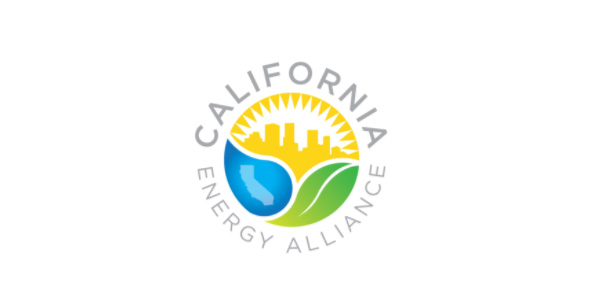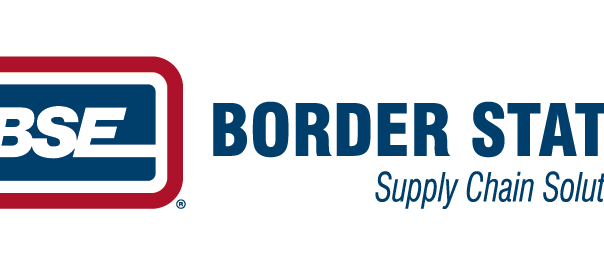WILDOMAR, CA —The California Energy Alliance (CEA), a member-based organization committed to smart, sustainable energy use within the built environment, kicked off a major initiative to spur gains in building energy efficiency through the development and deployment of an outcome-based energy code compliance strategy with its first focused workshop in mid-December 2018. The daylong event, held in San Diego, California, gathered more than 40 policy leaders from across the state and nation, representing industry, academia, labor, environmental organizations, design professionals, and National Laboratories.
Outcome-based codes (OBC) rely on energy budgets measured in real time instead of connected load metrics or modeling. This allows designers increased latitude to use systems and designs that meet the functional and aesthetic goals for a building. Notes CEA Co-Chair Doug Avery, “Currently, there are only two paths for Title 24 compliance: a prescriptive path most often used for retrofit and small new construction projects and a performance-based path most often used for large new construction and major renovation projects. The prescriptive path is complex and unable to keep up with technological advances, and the performance-based path is expensive. Neither approach accurately captures actual building energy performance. To continue to progress toward optimal energy performance, the outcome-based code framework is most promising.”
Workshop participants reviewed adoption, compliance and enforcement challenges as well as a deep-dive into defining the framework of an effective OBC. Through facilitated group and breakout sessions, participants established an initial roadmap toward next steps, including necessary research, further outreach and collaboration with stakeholder organizations, engagement with jurisdictions already experienced in OBC, and identifying the pathways toward marketplace consensus necessary for ultimate adoption and implementation.
John Martin, fellow CEA Co-Chair, observed, “Often, energy code workshops reflect a sense of frustration and discouragement due to the challenges around development and implementation. The CEA OBC workshop radiated enthusiasm and recognition that OBC represents an incredible opportunity both to simplify energy codes and take a quantum leap toward realizing California’s strategic energy goals. The CEA is grateful to all participants, members and funders who are collaborating toward this important goal.”
More information on CEA and its initiatives may be found at: www.caenergyalliance.org.






